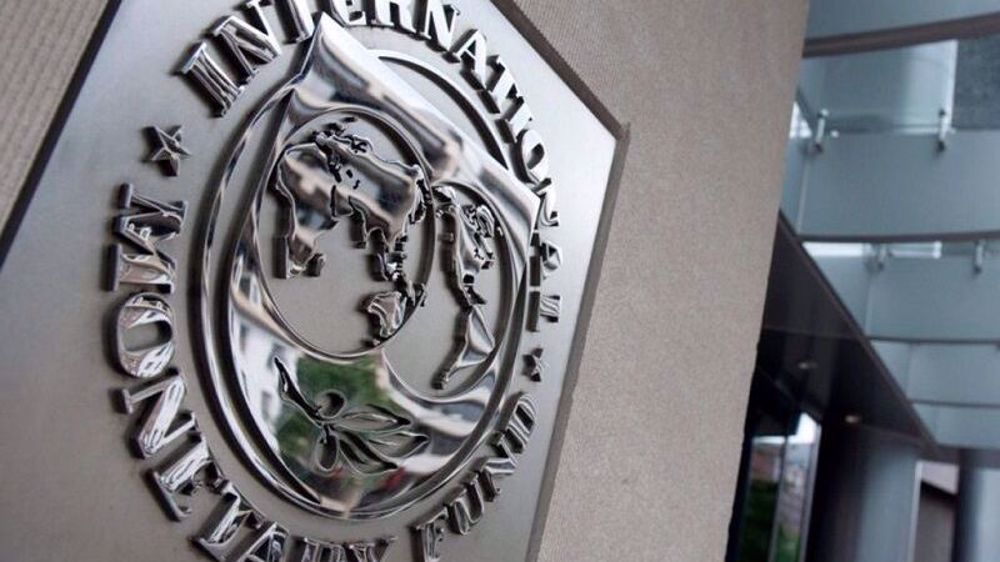AI to impact 60% of advanced economy jobs, pose risks to job security: IMF chief
Artificial intelligence (AI) will affect 60 percent of jobs in advanced economies, some jobs may disappear altogether, IMF Managing Director has warned.
Kristalina Georgieva said that overall, almost 40 percent of global employment is exposed to AI, citing an International Monetary Fund report published Sunday on the topic.
“Advanced economies, some emerging markets, are going to see 60 percent of their jobs impacted. And then it goes down to 40 percent for emerging markets, 26 percent for low-income countries,” she told AFP in an interview in Washington.
According to the IMF report half of the jobs impacted by AI will be negatively affected, while the rest may actually benefit from enhanced productivity gains due to AI.
“Your job may disappear altogether--not good–-or artificial intelligence may enhance your job, so you actually will be more productive and your income level may go up,” Georgieva noted.
“And the more you have higher skilled jobs, the higher the impact,” she added.
The IMF report notes that while labor markets in emerging markets and developing economies will see a smaller initial impact from AI, they are also less likely to benefit from the enhanced productivity that will arise through its integration in the workplace.
“This could exacerbate the digital divide and cross-country income disparity,” the report added, warning that older workers are likely to be more vulnerable to the change brought about by AI.
“We must focus on helping low income countries in particular to move faster to be able to catch the opportunities that artificial intelligence will present,” Georgieva said.
“So artificial intelligence, yes, a little scary. But it is also a tremendous opportunity for everyone,” she added.
The global economy could use an AI-related productivity boost, as the IMF predicts it will continue growing at historically muted levels over the medium term.
In October 2020, the World Economic Forum concluded that while AI would likely take away 85 million jobs globally by 2025, it would also generate 97 million new jobs in fields ranging from big data and machine learning to information security and digital marketing.
VIDEO | People pack General Soleimani’s resting place to mark his 6th martyrdom anniv.
VIDEO | Press TV's news headlines
General Soleimani — Master strategist who built the architecture of Axis of Resistance
Iran president hails ‘’heroic Cuban people’ on anniversary of revolution
Israel denies water, food to Palestinian prisoners amid 'routine' violence
Half a million shun New Year festivities to march for Palestine in Istanbul
‘Dangerous escalation’: Islamic Jihad blasts Israel's new expansionist push
VIDEO | Press TV's news headlines














 This makes it easy to access the Press TV website
This makes it easy to access the Press TV website